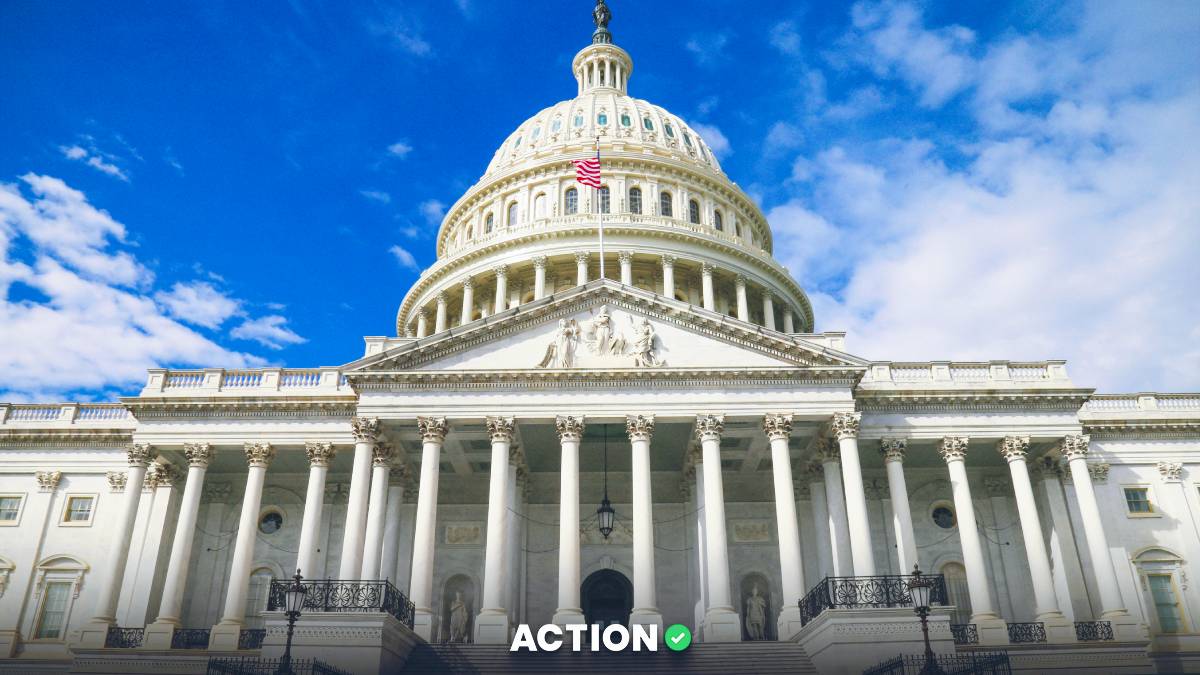Hidden resort fees may soon become a thing of the past.
In a pivotal move toward consumer protection, the U.S. House of Representatives has passed the Hotel Fees Transparency Act of 2025, a bill designed to eliminate hidden hotel/resort fees, and ensure that consumers see the full cost of their hotel stays upfront. It is now on its way to the Senate.
This legislative step, marked by strong bipartisan support, reflects growing momentum to ban deceptive resort and destination charges that have long frustrated travelers.
MGM Resorts in Las Vegas made news when it raised its resort fees twice last year.
A Push for Transparency in Hospitality
The Hotel Fees Transparency Act of 2025 prohibits unfair or misleading price advertising for places of short-term lodging and requires accurate price listings that include all mandatory and resort fees.
The bill mandates that all hotel advertising—whether online or in print—must include the total cost of a stay, upfront and inclusive of all fees.
This transparency initiative could significantly reshape the hospitality industry by curbing deceptive pricing practices. Notably, in tourist hotspots like Las Vegas, resort fees range dramatically, from $55 at luxury establishments to $26 at budget options.
These charges cover services such as Wi-Fi, gym access, and parking, often leaving guests with surprise expenses. NerdWallet says Hyatt, Wyndham and Miraval charge the most, and even provides tips on how to avoid resort fees.

U.S. Representatives Kathy Castor (FL-14), Young Kim (CA-40), Russell Fry (SC-07), and Kevin Mullin introduced the bill in February.
“Families shouldn’t have to play a guessing game when planning a trip. Sneaky hidden fees are a burden. They drive up costs and leave families frustrated at checkout,” said Rep. Castor. “Our bipartisan Hotel Fees Transparency Act will rein in out-of-control junk fees and lower costs, ensuring that the price you see for hotel stays is the price you pay—no hidden fees, no surprises. It’s about fairness, transparency and saving hardworking families both time and money so they can focus on making memories together, not worrying about unexpected charges.”
Impact on Casino Resort Guests
The Hotel Fees Transparency Act stands to significantly impact guests staying at casino resorts, particularly in bustling destinations like Las Vegas, known for their prevalent use of resort fees. These charges are typically tacked onto the base room rate, covering perks that guests might assume are included in the initial price.
For travelers heading to casino resorts, transparent pricing will simplify the booking process.
Guests can expect to see comprehensive costs displayed upfront, empowering them to make more informed decisions. This will allow for easier comparison between different resorts, whether seeking luxury stays on the Las Vegas Strip, like those who come for the F1 race, or budget-friendly options off-strip.

In a statement sent to The Las Vegas Sun, Representative Dina Titus, whose district includes the Las Vegas Strip, praised the legislation as a "commonsense" move to provide consistency and clarity for consumers on all booking platforms. The bill now advances to the Senate, where a companion version has already garnered bipartisan support, indicating possible swift approval.
Beyond Nevada, travelers visiting casino resorts in other gaming hubs such as Atlantic City, New Jersey, or tribal resort destinations spread across the country, will similarly benefit. The full cost disclosure ensures that guests across the board experience consistency and transparency, minimizing potential confusion or dissatisfaction at checkout.
Hotel Fees Transparency Act Could Make for Better Guest Experiences
Ultimately, the legislation aims to foster a more favorable guest experience by removing unexpected charges that could taint an otherwise enjoyable stay.
As these changes kick in, whether due to evolving industry practices or legislative and regulatory mandates, casino resorts must adapt and embrace transparency, potentially re-evaluating their fee structures and marketing tactics. This could enhance guest loyalty and bolster these destinations' reputations as favored leisure spots.
Gaining Support and Reinforcement from Regulators
The Federal Trade Commission (FTC) has also taken a stand on this issue with a new rule slated for implementation on May 10.
This rule requires hotel listings to display full costs upfront, aiming to protect consumers from billions in undisclosed fees. Although enforcement may hinge on the current FTC leadership, the legislative push could solidify these protections into federal law, ensuring long-term compliance.
Industry groups, including the American Hotel and Lodging Association and the Travel Technology Association, have lauded the bill, recognizing that consistent pricing standards benefit both travelers and reputable businesses alike.
These organizations emphasize that clear disclosures enhance consumer trust and foster a level playing field.
Looking Ahead: Potential Impacts of the Legislation
If enacted, the Hotel Fees Transparency Act would not only align with FTC regulations but also set a new precedent for transparency in the hospitality sector. By closing loopholes that allowed for "drip pricing," the legislation aims to restore consumer confidence and make travel planning more straightforward.
For travelers, this means fewer surprises at checkout and the ability to compare hotels accurately based on true costs. Industry experts anticipate that hotels might revise their pricing strategies, potentially doing away with resort fees entirely or using fee transparency as a competitive advantage.

The anticipated changes are expected to extend beyond domestic booking, benefiting international visitors who often navigate complex pricing practices in unfamiliar markets. The move underscores a broader federal effort to eliminate hidden costs across various sectors, including recent executive orders targeting price transparency for live entertainment tickets.
As the Hotel Fees Transparency Act moves to the Senate and with FTC regulations soon coming into force, the future of hotel pricing in the U.S. looks poised for a significant transformation. Should the bill become law, it would mark a watershed moment in consumer rights, ensuring that the price guests see is the price they pay—no hidden resort fees attached.
One way to always avoid resort fees is by visiting a sweepstakes casino, where you can play from your couch, or anywhere, really. Just remember to set a budget beforehand and stick to it. Keep gambling enjoyable and manageable by always practicing responsible gambling strategies.









